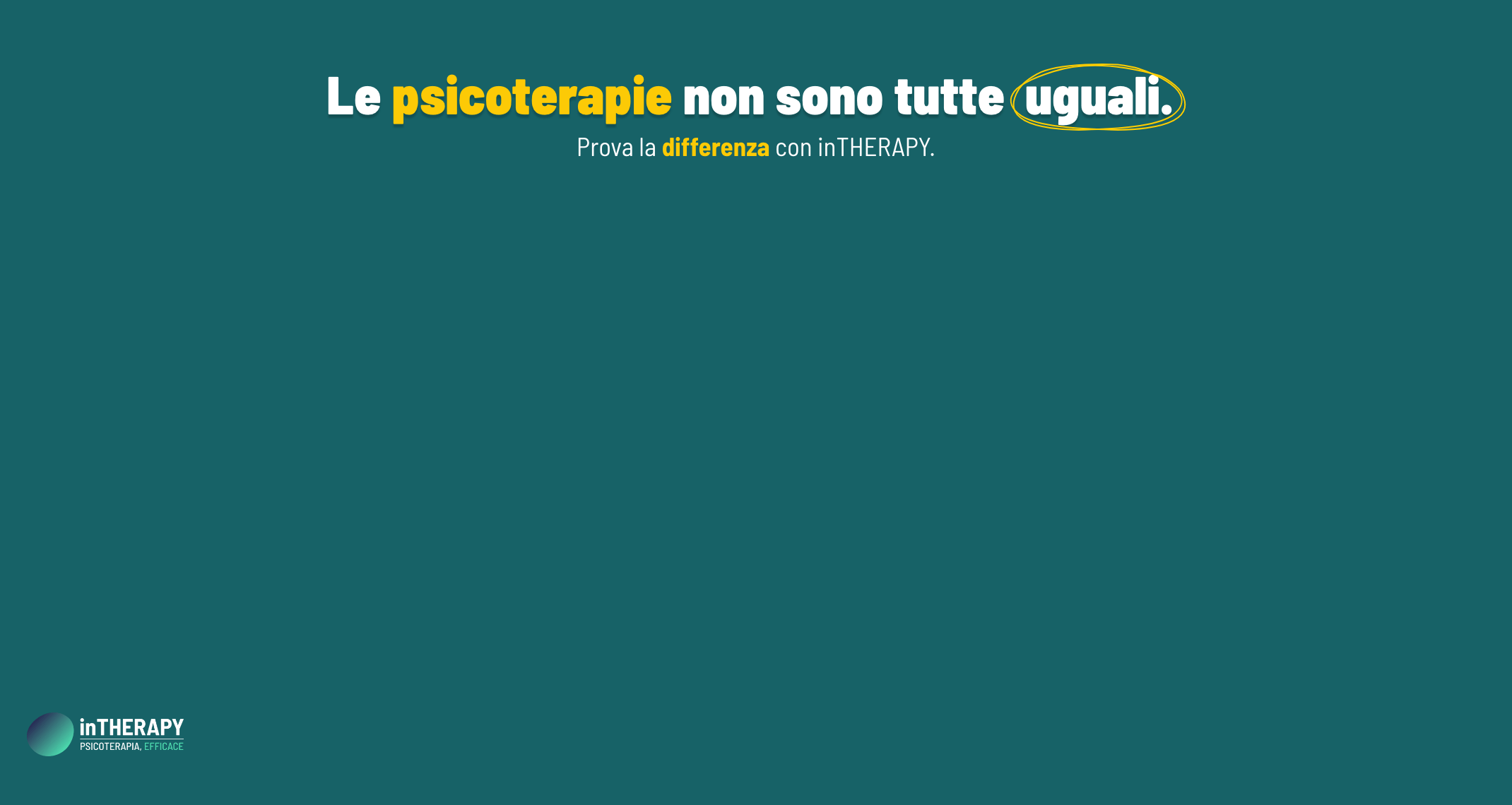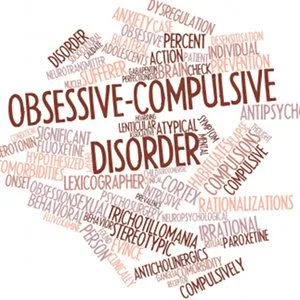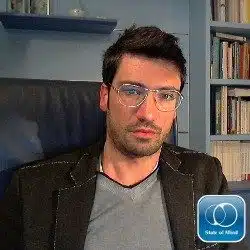Di Davide Coradeschi, Andrea Pozza e Davide Dèttore
Dipartimento di Psicologia, Università di Firenze
Intensive residential treatment for resistant Obsessive-Compulsive Disorder:
An effectiveness trial
 An intensive CBT treatment can be defined as any time period up to three months in residential treatment. This approach involves daily CBT sessions condensed over a period of several weeks. It typically offers at least 20 hours of treatment and psychological support per week.
An intensive CBT treatment can be defined as any time period up to three months in residential treatment. This approach involves daily CBT sessions condensed over a period of several weeks. It typically offers at least 20 hours of treatment and psychological support per week.
Cognitive-Behavioural Therapy (CBT) by Exposure and Ritual Prevention (ERP) is the most effective treatment for Obsessive-Compulsive Disorder (OCD) (Abramowitz, 1996). However, few people suffering from OCD receive CBT, mostly due to limited access (Mancebo et al., 2011).
A way to improve CBT access is to offer a time-concentrated treatment course. An intensive CBT treatment can be defined as any time period up to three months in residential treatment. This approach involves daily CBT sessions condensed over a period of several weeks. It typically offers at least 20 hours of treatment and psychological support per week (Osgood-Hynes et al., 2003).
Research demonstrated that longer exposure results in increased habituation to anxiety-evoking stimuli and better outcome (Abramowitz, 1996).

Intensive treatment might be suitable for those patients who have not responded to weekly outpatient sessions or to pharmacotherapy alone (treatment resistant patients). It might be useful for those who are geographically distant from the treatment centre; in addition when there is a lack of available specialized CBT service.
Despite important advantages of time-concentrated treatment, there is poor research on the effectiveness of this format of treatment for resistant OCD.
The aim of the current study was to examine the effectiveness of an intensive residential treatment for resistant OCD.
READ ON OBSESSIVE-COMPULSIVE DISORDER – OCD
The sample included 39 inpatients admitted between 2008 to 2012 to the Unit for Resistant Obsessive-Compulsive Disorder Treatment, Casa di Cura Poggio Sereno of Florence, Italy. Inpatients were eligible if they had a principal diagnosis of resistant OCD and were excluded if they were less than 16 years old, had past or current psychosis, alcohol or drug-addiction, organic disorders and mental retardation.
The mean age was 34 years and the sample was composed by 33% males. The Yale-Brown Obsessive Compulsive Scale (Y-BOCS) and Beck Depression Inventory (BDI-II) were used as outcome measures, which were administered at pre and post-treatment.
An individual ERP treatment was delivered to the inpatients for 2 hours in the morning and 2 hours in the afternoon for five days a week overall. The work during the first week aimed at providing inpatients a rationale for the two main components of the intervention, exposure and response prevention. Psycho-education was included to explain the processes involved in the aetiology and persistence of OCD. During the subsequent four weeks the behavioural treatment was delivered.
During the first week a fear hierarchy was constructed that listed a variety of situations the patient find distressing and avoids. During treatment weeks inpatients graduatedly and repeatedly were exposed to the anxiety-eliciting situations. The response prevention component involved the suppression of any safety behaviour that alleviate the discomfort produced by the obsessions. During the week-end homework of self-directed ERP were assigned to the patients.
The frequency of the inpatients who recovered was 42%, inpatients who improved were 28% and those who did not change were 30%. Effect Size on Y-BOCS scores was 1.51.
Intensive format of ERP seemed to be an effective treatment strategy for symptom improvement of resistant OCD. This kind of treatment might enhance treatment compliance as patients can be supported for a longer period after they have underwent the exposure. This longer period of support can make it easier for the patient to expose themselves to anxiety-provoking situations with the knowledge that their taking risks will be supported.
Weekly outpatient treatment might fail for resistant OCD because compulsions can interfere with basic functioning so that a person is unable to engage in basic requirements. So much more assistance may be needed for an individual to participate in therapy. Some patients have minimal family or peer support, or have supports that reinforce symptoms by unintentionally accomodating the patient’s OCD requests (Oldfield et al., 2011). Intensive treatment may also facilitate progress monitoring, allowing clinicians to adjust the treatment plan as appropriate.
However, in our trial there was absence of an ERP spaced sessions arm to compare the relative efficacy of those format of treatment for resistant OCD. Moreover long-term follow-up measures were not used for evaluating the return of fear after the discharge from the clinic and the generalisation of treatment effects. Future randomized controlled trials are required to compare weekly and intensive treatments on follow up measures.
In conclusion, these findings evidence the importance of the intensity of treatment. This component could be an useful strategy for enhancing response in OCD patients who did not respond to standard weekly treatments.
READ ON OBSESSIVE-COMPULSIVE DISORDER – OCD
REFERENCES:
- Abramowitz, J. S. (1996). Variants of exposure and response prevention in the treatment of obsessive-compulsive disorder: A meta-analysis. Behavior Therapy, 27, 583-600.
- Mancebo, M. C., Eisen, J. L., Sibrava, N. J., Dyck, I. R., & Rasmussen, S. A. (2011). Patient utilization of cognitive-behavioral therapy for OCD. Behavior Therapy, 42, 199-412.
- Oldfield, V. B., Salkovskis, P. M., & Taylor, T. (2011). Time-intensive cognitive behaviour therapy for obsessive-compulsive disorder: A case series and matched comparison group. British Journal of Clinical Psychology, 50, 7-18.
- Osgood-Hynes, D., Riemann, B., & Björgvinsson, T. (2003). Short-term residential treatment for obsessive-compulsive disorder. Brief Treatment and Crisis Intervention, 3, 413-435. (DOWNLOAD)







